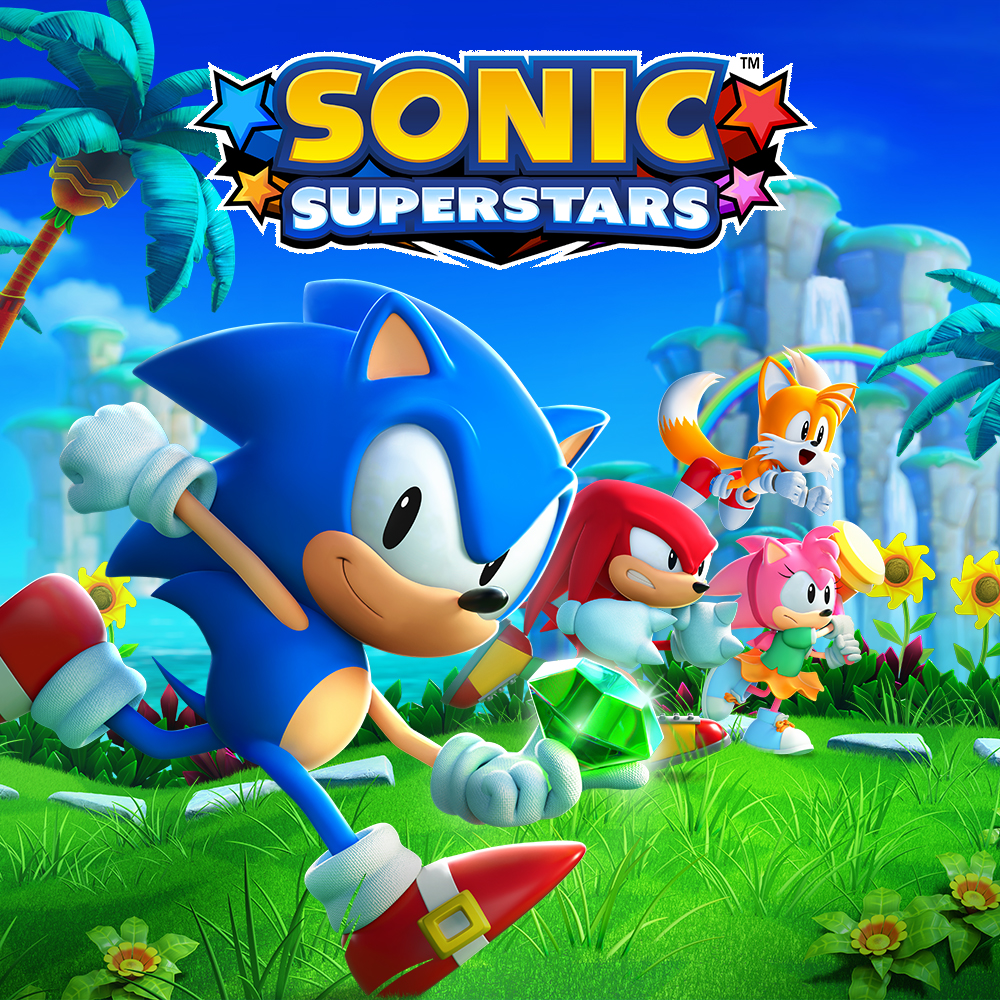Super Stars Who Changed Entertainment Forever


Identify influential figures across various mediums who have left an indelible mark on their craft. Examining the careers of these legends offers insights into how they forged new paths, setting benchmarks that still resonate today.
Marilyn Monroe redefined the film industry in the 1950s with her unique blend of beauty, charm, and comedic timing. Her performances in classics such as "Some Like It Hot" and "The Seven Year Itch" introduced a new wave of on-screen persona that influenced countless actresses thereafter.
Elvis Presley, known as the King of Rock, transformed music with his distinctive sound and charismatic stage presence. His crossover appeal not only popularized rock 'n' roll but also broke racial barriers within the music scene, paving the way for future generations of artists.
Oprah Winfrey revolutionized television by creating a new format for talk shows that combined personal storytelling with social issues. Her influence extended beyond the screen, shaping public discourse and empowering audiences worldwide to engage in meaningful conversations.
Innovators of Cinematic Storytelling
Alfred Hitchcock redefined suspense with techniques like the "MacGuffin," engaging audiences by placing emphasis on character motivations rather than the plot itself. His films, such as "Psycho," introduced groundbreaking editing styles that shifted the perception of narrative structure.
Stanley Kubrick pushed boundaries by employing visual storytelling. In "2001: A Space Odyssey," he utilized minimal dialogue and innovative cinematography to craft a profound narrative, influencing sci-fi cinema through its visual language and pacing.
Martin Scorsese integrated music as a narrative device, as seen in "Goodfellas." His use of needle drops not only enhances storytelling but also mirrors the emotional landscape of characters, making the soundtrack an integral component of the plot.
Walt Disney transformed animated cinema through pioneering techniques like the multiplane camera, allowing depth in storytelling. His commitment to character development set new standards, with films such as "Snow White and the Seven Dwarfs" establishing emotional connections with audiences.
Christopher Nolan manipulated timelines and nonlinear narratives in works like "Inception." By challenging traditional storytelling methods, he expanded the possibilities of cinematic expression, inviting viewers to engage actively with complex plots.
Hayao Miyazaki infused themes of nature and humanity into animation, creating immersive worlds in films like "Spirited Away." His focus on detailed world-building and strong character arcs has influenced global animation practices.
An understanding of these visionaries highlights the evolution of storytelling techniques across genres, shaping how stories are told on screen today. Their contributions provide valuable lessons in innovation and audience engagement.
Pioneers of Music Genres and Their Impact
This section highlights key innovators in music genres and their profound influence on modern sounds. The birth of rock and roll is often credited to Chuck Berry. His guitar riffs and storytelling lyrics laid the groundwork for future rock bands, shaping the music scene of the 1950s and beyond.
In the realm of hip-hop, DJ Kool Herc's use of breakbeats in the Bronx during the early 1970s marked the inception of a genre that continues to dominate charts worldwide. His unique style of mixing and blending records created a new artistic expression, inspiring countless artists.
Reggae emerged from Jamaica, largely influenced by Bob Marley, whose fusion of traditional Jamaican music with rock and soul resonated globally. His lyrics addressed social issues, allowing reggae to serve as a voice for the oppressed and unifying diverse audiences.
Punk rock surged in the mid-1970s, with bands like The Ramones and The Sex Pistols pushing back against mainstream music. Their raw energy and DIY ethos resonated with youth, encouraging individuality and rebellion, which still influences musicians today.
Electronic music took shape in the late 20th century, partly due to pioneers like Kraftwerk. Their innovative use of synthesizers paved the way for genres like techno and house, reshaping the landscape of dance music and club culture.
Country music saw a transformation through artists like Johnny Cash, who blended traditional country with rock elements, giving rise to the "outlaw" movement. His storytelling ability and distinctive sound broadened the appeal of country, attracting new listeners.
Pop music's evolution owes much to icons like Michael Jackson, whose album "Thriller" not only shattered records but also changed the way music videos were produced. His influence extended beyond music into fashion and humanitarian efforts.
Each of these figures played a pivotal role in shaping their respective genres, leaving an undeniable mark on the music industry and influencing countless artists worldwide.
Television Icons Who Redefined Popular Culture
Lucille Ball transformed the sitcom format with "I Love Lucy," introducing innovative techniques like filming in front of a live audience and using multiple cameras. Her influence is still evident in modern comedies.
Bill Cosby broke racial barriers with "The Cosby Show," showcasing an affluent African American family and altering perceptions of race in media. This series redefined the portrayal of Black families in American television.
Oprah Winfrey revolutionized daytime talk with her empathetic interviewing style on "The Oprah Winfrey Show." She created a platform that not only entertained but also educated viewers on social issues, influencing countless hosts after her.
Walter Cronkite established the standard for television journalism during his anchorage of CBS Evening News. His trusted presence made news accessible to the average viewer and shifted the perception of news reporting into a respected profession.
Samantha from "Bewitched," portrayed by Elizabeth Montgomery, depicted a powerful female lead with both magical abilities and domestic challenges. This character became an emblem of the evolving role of women in society.
David Letterman ushered in a new style of late-night television with his irreverent humor and unique formats, influencing a generation of hosts like Jimmy Fallon and Conan O'Brien.
When "The Simpsons" premiered, it showcased a satirical worldview that challenged conventional animation. Its enduring success has influenced countless series, making it a cultural touchstone in animated programming.
Shonda Rhimes redefined television storytelling through diverse narratives in series like "Grey's Anatomy" and "Scandal," emphasizing complex characters and socially relevant themes, creating a new benchmark for primetime dramas.
These icons not only shaped the medium but also influenced societal values, reflecting and shaping public discourse through relatable stories and innovative formats.
Groundbreakers in Live Performance and Stage Shows
Prince redefined concerts with elaborate theatricality, integrating a blend of genres, stunning visuals, and high-energy performances. His 1984 “Purple Rain” tour showcased an innovative fusion of rock, pop, and R&B, setting a benchmark for future entertainers.
Beyoncé elevated the concert experience by incorporating cinematic elements and intricate choreography in her “Formation World Tour.” Her emphasis on storytelling through music and visuals has significantly influenced how performers structure live shows.
David Bowie broke boundaries by merging music with avant-garde theatre, particularly evident in his Ziggy Stardust persona. This approach encouraged artists to embrace alter egos, giving rise to a more immersive audience experience.
Madonna transformed live performances into cultural events with her bold themes and visual storytelling. Her use of religious and political imagery challenged societal norms, provoking thought while entertaining massive crowds.
Lady Gaga introduced an avant-garde aesthetic, pushing the limits of fashion and artistry in her performances. Her commitment to theatrical presentation has inspired a generation of artists to prioritize visual impact alongside musical talent.
Cirque du Soleil revolutionized stage shows by blending acrobatics with contemporary dance and theatre. With productions such as “O” and “Mystère,” they established a new genre of entertainment that goes beyond traditional live performances.
Michael Jackson’s choreography and staging in live events created iconic moments, particularly during the “Bad” and “Dangerous” tours. His meticulous attention to detail influenced countless performers to prioritize showmanship and dynamic staging.
These influential figures have not merely entertained; they have reshaped the live performance narrative, laying a foundation for innovation and creative expression in stage productions worldwide.
Digital Influencers Shaping Modern Media
Focus on fostering partnerships with micro-influencers who possess highly engaged audiences. These individuals often yield higher conversion rates compared to their larger counterparts. Prioritize collaboration to create authentic content that resonates with followers.
Track metrics such as engagement rate, audience demographics, and sentiment analysis to assess influencer performance. Utilize tools like Social Blade, HypeAuditor, or AspireIQ to evaluate influencer credibility and reach.
- Content Type: Leverage diverse formats like stories, reels, and live sessions to maximize audience engagement.
- Transparency: Promote clear disclosure of partnerships to maintain trust and compliance with advertising standards.
- Brand Alignment: Select influencers whose values and aesthetics complement your brand to ensure a seamless collaboration.
Integrate user-generated content to enrich marketing campaigns. Encourage followers to share their experiences, enhancing the sense of community around your brand.
- Identify the right platform for your target audience.
- Create tailored content that reflects influencer's style while aligning with brand messages.
- Measure campaign success using KPIs specific to engagement and brand exposure.
Implementing these strategies will capitalize on the dynamic influence of digital personalities, driving engagement and brand loyalty in a rapidly changing media space.
Activists and Their Influence on Entertainment Narratives
Advocacy and social movements play a fundamental role in shaping narratives within film, television, and music. For instance, the #MeToo movement significantly impacted how stories involving sexual harassment and assault are portrayed in media. This led to an increase in productions focusing on women's experiences and the importance of consent.
Representation has also seen a shift due to persistent efforts by activists. The push for diverse casting has resulted in projects like "Black Panther" and "Crazy Rich Asians," which highlight underrepresented cultures and perspectives. These films not only achieved commercial success but also altered audience expectations for inclusivity.
Environmental activists have influenced content creation as well. Documentaries such as "Our Planet" and films like "Before the Flood" raise awareness about climate change, prompting discussions that encourage viewers to reflect on their environmental footprints.
Musicians also contribute to this cultural dialogue. Artists like Billie Eilish and Childish Gambino address social issues in their lyrics, encouraging listeners to confront topics like mental health and systemic racism. Their platforms amplify crucial messages, engaging audiences in important conversations.
Utilizing social media, activists actively challenge narratives and promote diverse storytelling. Campaigns on platforms like Twitter and Instagram rally support for causes, leading to broader visibility of issues traditionally sidelined in mainstream productions.
As advocacy efforts continue to shape narratives, creators are increasingly inclined to prioritize authenticity and representation. Future projects may reflect the ongoing push for change, ensuring that a diverse array of voices is heard and celebrated.

